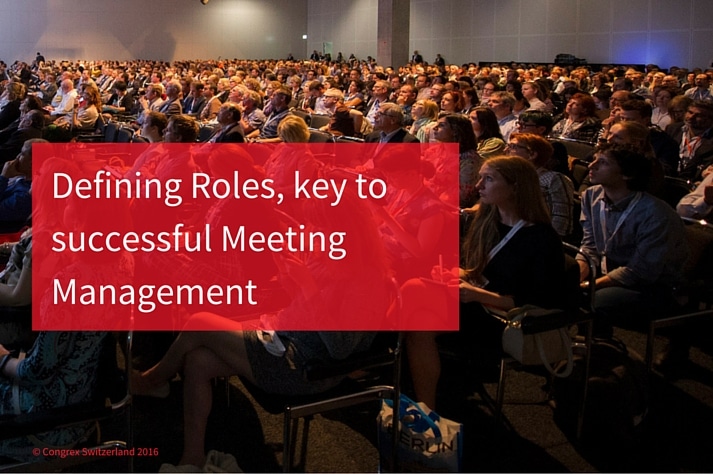Defining roles in meeting management is one of the important aspects for running any organisation, if it’s for profit or non-for-profit. When designing workflows, you establish steps and assign roles to those steps. Clearly defined processes eliminate bottlenecks without sacrificing accountability.
In an earlier post we were talking about defining roles in meeting management:
Read: Meeting Management: How to Organise a Conference with Roles Defined
With regard to conference management and association management industry, many of us have experienced, all events and conferences are different but one point remains the same, there are many players involved: from Board Members to Executive Committee, Programme Committee, Conference Chair, Local Organising Committee, Secretariat or HQ staff and the Professional Conference Organiser (PCO). Just to name some of them.
Defining roles in meeting management: create a framework
A successful way to bring all players together at the outset of the planning process and harness these diverse ranges of expertise is to create a framework. According to Harvard Business Review, ‘collaboration improves when the roles of individual team members are clearly defined and well understood — in fact, when individuals feel their role is bounded in ways that allow them to do a significant portion of their work independently. Without such clarity, team members are likely to waste energy negotiating roles or protecting turf, rather than focusing on the task.’ (HBR)
A framework can take various names; guidelines, planning handbooks, business plans, but whatever the name they should aim from the beginning to set out a number of criteria:
- Key Performance Indicators – these must form the framework to guide all parties for the planning activities and define what constitutes a successful event. Define goals and activity categories; it should then be reasonably straight forward to assign owners,based on knowledge, experience and resources available.
- Clarification of Roles and Responsibilities – who is responsible for doing what, when and understanding of financial considerations e.g. venue selection, programme content, social activities, budget and finance etc.
- Communication plan — it is essential that this is established at the outset to avoid the different players working in isolation on their element as a successful event is achieved though an integrated planning process.
Pulling the strengths from all players within a clearly defined framework and respecting each other’s expertise is a sound approach to a successful and harmonious event.
Please download here our White Paper Defining Roles, key to successfull Meeting Management for more information about this important aspect of conference planning.








